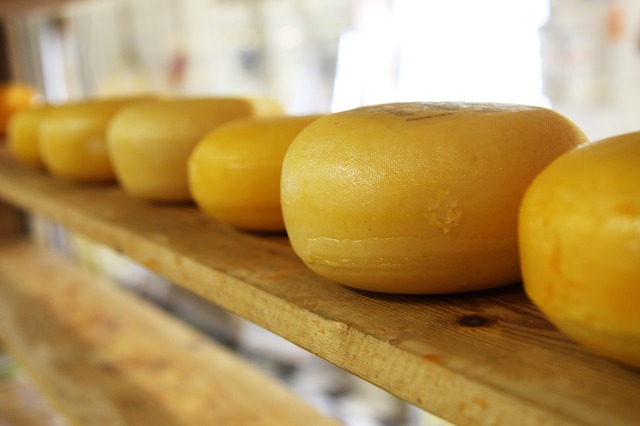Not until recently have researchers been able to directly link food to the immune system. A fascinating new article in New England Journal of Medicine, a premier medical science journal, “Diet and Intestinal Immunity,” outlines the findings of two studies linking dietary components of certain foods to intestinal immune receptors. The receptors, aryl hydrocarbon receptor (AhR) interacts with the particular food, sends a signal to the nucleus of the cells lining the intestinal tract, and stimulates or inhibits the genes responsible for triggering the immune system. The foods are cruciferous vegetables, e.g. broccoli, cabbage, and brussels sprouts. Laboratory animals with a defect in these receptors, are highly susceptible to infections, have increased vulnerability to immune activation, and altered composition of microflora of the gut. AhR is dampened in persons with IBD, irritable bowel diseases such as ulcerative colitis and Crohn’s disease. These studies raise the question of, “is there such a thing as an inflammatory diet”?
Nutritionists say, “Yes, in deed.” Clinical nutritionist, Shereen Jegtvig wrote an entire book on an inflammation-free diet, SuperFoods for Dummies.
My basic recommendations for an anti-inflammatory diet are:
- The more colorful your plate, the better. Five to eight servings of fruits and vegetables per day. According to the study above, broccoli, brussels sprouts, and cabbage are essential.
- Use more plant-based proteins such as soy, nuts and legumes.
- Avoid highly processed foods, and packaged foods. At the grocery store, perimeter shopping is better.
- Eat more fish, at least 3 servings per week.
- Limit high fat meats. People who consume red meat everyday have lower life expectancy.
- Limit sugars, especially refined sugars and simple carbohydrates.
- Drink water, herbal teas, green tea and milk. Limit sodas and fruit juices with added sugar.
References:

